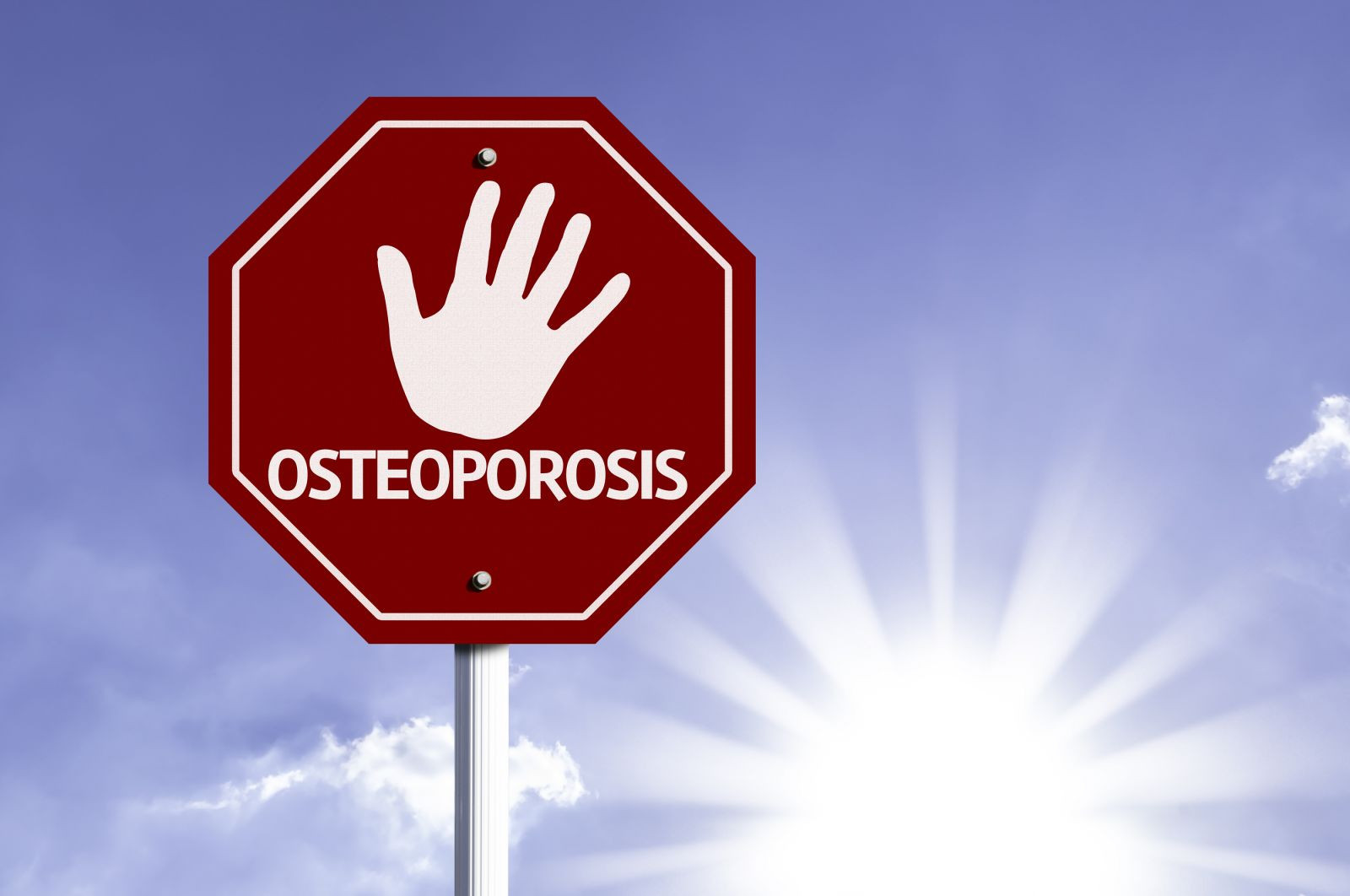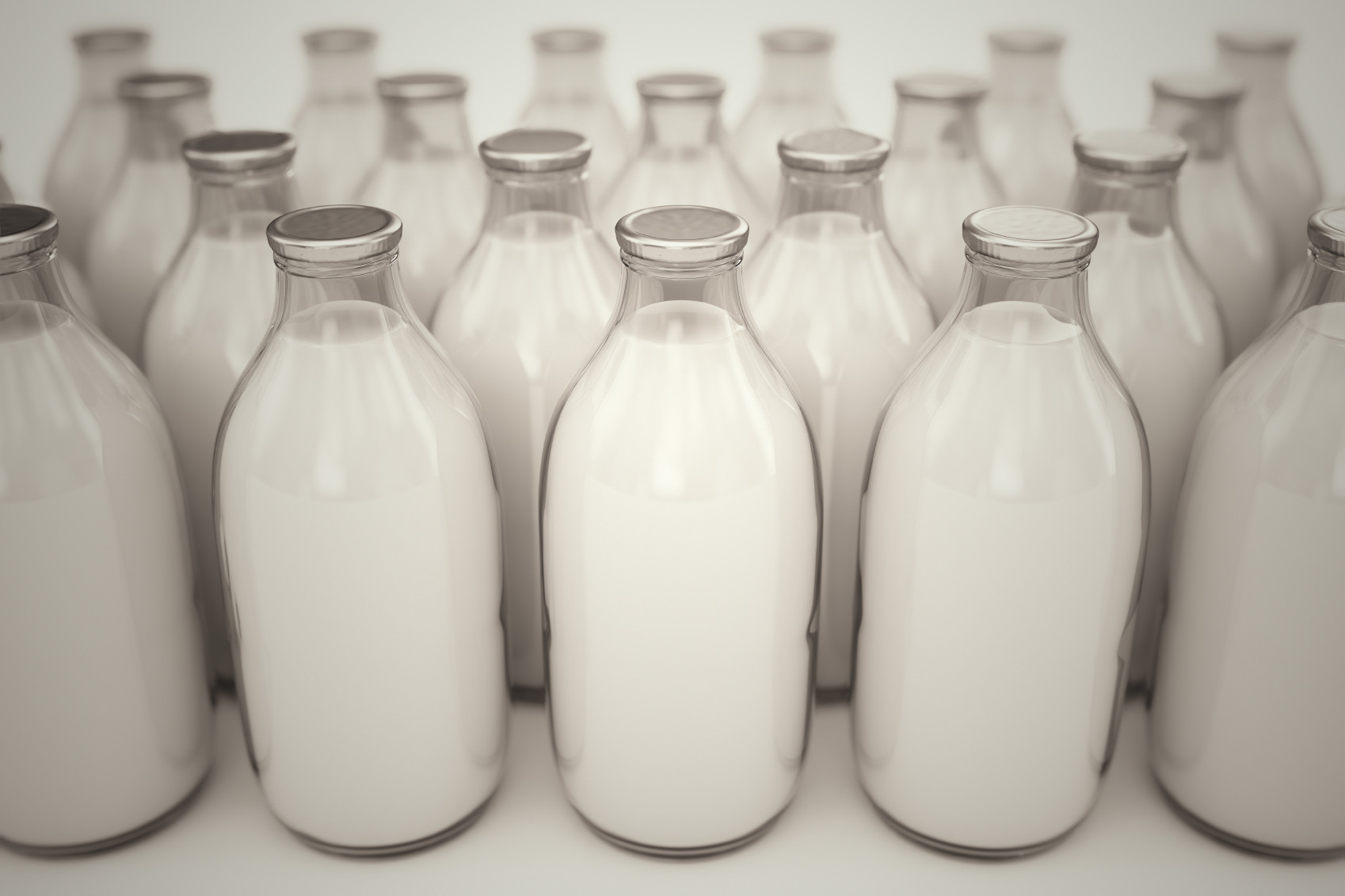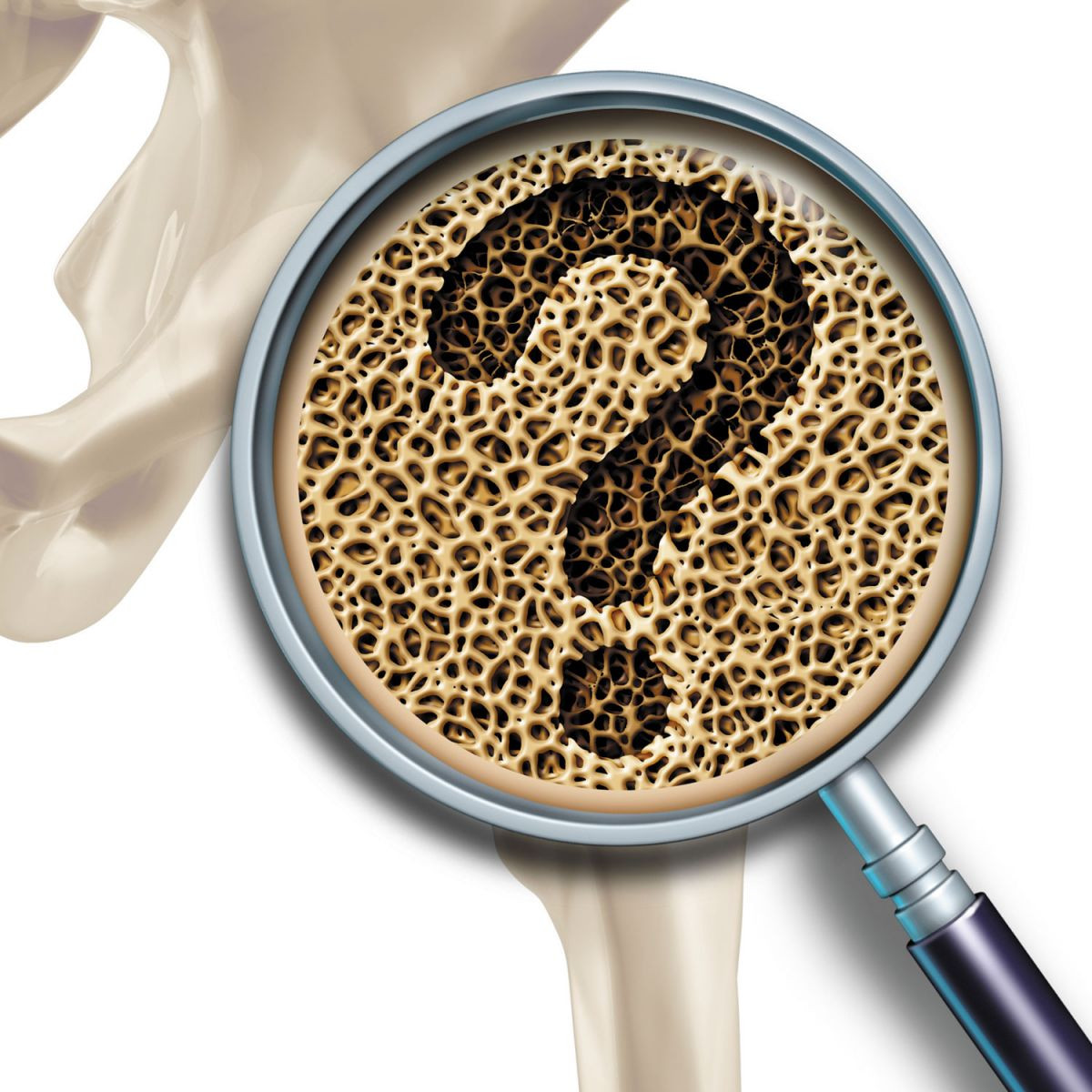Recent Articles

Medication side effects: What are your options?

Independent living with home care assistance: Balancing autonomy and support

Dialysis: What to expect from this life-changing — and lifesaving — treatment

The BEEP program: Keep your balance

Hoarding: What to know about this mental health disorder

21 spices for healthy holiday foods

Listeria: How to protect yourself from this common cause of food poisoning

Adult day care can benefit older adults and their caregivers

Digestive enzymes: How supplements like Lactaid and Beano can help with digestion

Can probiotics help calm inflammatory bowel disease?
Osteoporosis Archive
Articles
Mediterranean diet may protect against fractures as well as high-dairy diet
Research We’re Watching
In the 2015–2020 Dietary Guidelines for Americans, the emphasis shifted from healthy foods to healthy eating plans. Scientists are also focusing on the role of one's entire diet in preventing osteoporosis.
A team of German researchers analyzed data from more than 90,000 women enrolled in the Women's Health Initiative (WHI), who were ages 50 to 79 when they entered the study.
Starting an osteoporosis drug? Here’s what you need to know
In its early stages, osteoporosis has no symptoms but causes millions of bone fractures every year, often resulting in loss of function and, disability and even death from the complications of the fracture. There are effective medications to prevent osteoporosis, but they can have serious (though rare) side effects. It’s best to talk discuss with your doctor to understand all your options and make an informed decision on how to best protect your bones.
How long should you take a bisphosphonate for osteoporosis?
Millions of postmenopausal women are taking a bisphosphonate like oral alendronate (Fosamax) or intravenous (IV) zoledronic acid (Reclast) to increase bone density. But because long-term use of these drugs has been associated with an increased risk of bone death in the jaw and unusual thighbone fractures, experts have debated how long women should stay on the drugs to minimize the risk of hip or vertebral fractures without raising their risk for these rare but serious complications.
After considering major randomized controlled clinical trials, a task force of the American Society for Bone and Mineral Research has released guidelines on the optimal duration of bisphosphonate therapy for osteoporosis. The guidelines, published in the January 2016 issue of the Journal of Bone and Mineral Research, recommend reassessing a woman's fracture risk after five years of oral bisphosphonates or three years of IV therapy. They advise that women whose risk is still high should continue to take oral bisphosphonates for up to 10 years or IV therapy for up to six years. However, fracture risk should be reassessed every two to three years during extended therapy.
Do you need a drug for osteoporosis?
Image: Bigstock
Several medications can maintain or increase bone density. You can choose one based on your health and preferences.
Most of what we read about hip fracture isn't good. It is a major cause of disability, nursing home admissions, and death in older women. But there is a promising trend: hip fractures in the United States have been on the decline since 1996. Although better nutrition, increased physical activity, and education on fall prevention may have played a role, the drop in fractures has also coincided with the widespread availability of bisphosphonates—a class of drugs first approved in 1995 to increase bone density.
Calcium supplements for bone health: Do you really need them?
Image: Thinkstock
Calcium is required for good health, and you can obtain most of what you need from common foods.
Calcium builds strong bones—right? In general that's true, because calcium forms the bricks and mortar of bones. That's why you need to take in sufficient calcium from your diet to replace worn-out bone as you age. Being deficient in calcium can weaken bones, leaving them more prone to breaking. Vitamin D is the helpmate to calcium, allowing the body to absorb more of the mineral during digestion.
Research we're watching: Small study shows little bone benefit from recommended dose of vitamin D
Although vitamin D is essential to bone health, a controlled clinical trial published online by JAMA Internal Medicine on Aug. 3, 2015, found that vitamin D supplements didn't build bone in postmenopausal women with blood levels of vitamin D below the 30-ng/mL threshold generally considered necessary for good health. Researchers at the University of Wisconsin randomly assigned 230 women to three groups: one got 800 IU of vitamin D daily and a placebo twice a month; one got a placebo daily and 50,000 IU of vitamin D twice a month; the third got placebos both daily and twice a month. The study lasted a year. The researchers found that neither dose of vitamin D had a significant effect on bone mass, falls, or fractures.
The Wisconsin study may not have used the right doses of vitamin D or lasted long enough to show an effect. One ongoing study, The Vitamin D and Omega-3 Trial (VITAL), is large enough to demonstrate even small-to-moderate benefits of vitamin D supplementation. VITAL is evaluating a 2,000-IU daily dose for five years in 26,000 women and men. The results are expected in 2017. Until then, it's still important to get the recommended daily dose of vitamin D: 600 IU for adults through age 70 and 800 IU for people ages 71 or older
Should you be tested for weak bones?
| Image: Thinkstock |
Men also get osteoporosis—but consider your risk factors before deciding to have a bone-strength test.
Men's and women's bodies differ in plenty of ways, but we all have bones, and with aging they may lose some of their strength and leave us more vulnerable to dangerous fractures of the hip or spine. Osteoporosis is not exclusively a women's health issue.
Ask the doctor: I have osteoporosis. Will physical therapy for my back cause spinal fractures?
Q. I have sciatica. I also have vertebral fractures caused by osteoporosis. I'd like to get physical therapy for my sciatica but am worried about damaging my spine further. What do you advise?
A. I am glad that you are interested in pursuing physical therapy to treat the sciatica. It's the best treatment for it. The physical therapist is likely to show you how to do gentle stretching exercises for your upper legs, buttocks, and back, as well as how to use your back, core, and legs more effectively to avoid worsening the strain on your sciatic nerve. She will also train you to do exercises to strengthen your back and core. None of these maneuvers will damage the bones in your back. But it's important for you to tell the therapist that you do have osteoporosis and vertebral fractures. She will keep that in mind as she works with you.
IV osteoporosis drug builds bone in older women who can't take the oral version
A study published online April 13, 2015, in JAMA Internal Medicine indicates that a single infusion of the bisphosphonate drug zoledronate (Reclast) can be used to increase bone density in women who can't take oral versions of bisphosphonates. Taking an oral bisphosphonate like alendronate (Fosamax) is effective in building bone for women with osteoporosis, but it requires a commitment—taking the drug on an empty stomach and remaining upright for 30 minutes afterward. Because this may not be practical for women in assisted living facilities, they often aren't given bone-building drugs, even though their risk of hip fracture is eight to nine times that of women living at home.
The researchers studied 181 women with osteoporosis residing in assisted living facilities. The average age was 85. The women were randomly assigned to one of two treatments—1,200 milligrams of calcium and 800 IU of vitamin D daily as supplements plus a single intravenous infusion of zoledronate or the same daily doses of the supplements alone.
Recent Articles

Medication side effects: What are your options?

Independent living with home care assistance: Balancing autonomy and support

Dialysis: What to expect from this life-changing — and lifesaving — treatment

The BEEP program: Keep your balance

Hoarding: What to know about this mental health disorder

21 spices for healthy holiday foods

Listeria: How to protect yourself from this common cause of food poisoning

Adult day care can benefit older adults and their caregivers

Digestive enzymes: How supplements like Lactaid and Beano can help with digestion

Can probiotics help calm inflammatory bowel disease?
Free Healthbeat Signup
Get the latest in health news delivered to your inbox!
Sign Up








